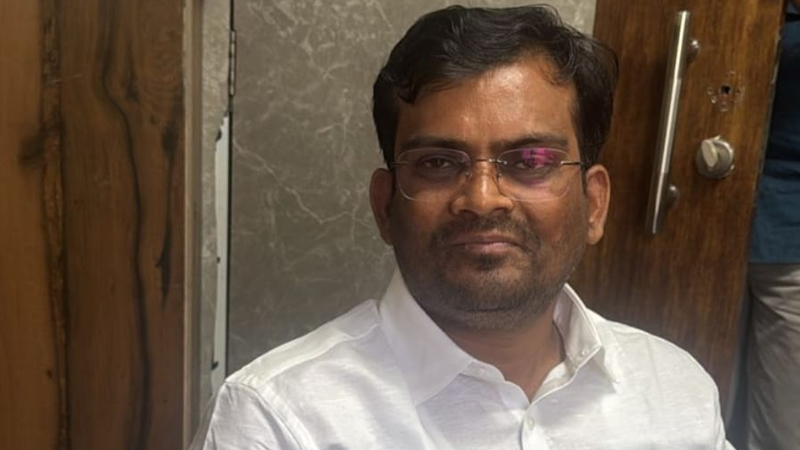Congress leader Mansoor Khan moves SC against Waqf Amendment Act
Khan, a social worker and prominent figure in the Congress, is closely involved in several educational and religious organisations, including the Central Muslim Association (CMA) of Karnataka and the Al-Ameen Education Society.
Salar News
-
All India Congress Committee (AICC) Secretary Mansoor Khan
BENGALURU/NEW DELHI, 14, APRIL
Senior Congress leader and a prominent voice in the Muslim
community, Mansoor Ali Khan, has filed a petition in the Supreme Court
challenging the Waqf (Amendment) Act, 2025, calling it a direct assault on the
religious and constitutional rights of India’s minorities.
Represented by advocate Shivangi Anand, Khan’s legal team
also submitted an urgent letter to the Supreme Court Registrar, stating the Act
"undermines the rights of communities to administer their own religious
affairs" and has a "chilling effect" on religious and
associational freedoms.
The apex court is scheduled to hear a bunch of petitions
filed by politicians, religious leaders and civic activists, challenging the Act on 16 April. President Droupadi Murmu gave assent to the contentious Bill
on 9 April.
Explaining the reasons behind the legal challenge, Khan
stated: “This law isn’t reform—it’s an attempt to take control of what
generations of our people have built with faith, love, and sacrifice. This is
not just about land or property. It is about dignity, autonomy, and the right
to serve our community on our own terms.”
The amendment, passed without adequate consultation,
empowers government-appointed officers to unilaterally reclassify centuries-old
mosques, dargahs, and community properties as “non-Waqf”. It sidelines judicial
oversight, restricts new religious endowments, and weakens the very
institutions meant to safeguard Waqf assets, the petition maintained.
Khan, an educationist said: “Our schools, hospitals, and
places of worship have always stood as pillars of care and service—not just for
Muslims, but for all. This law threatens their very existence. Once lost, these
spaces cannot be reclaimed.” The petition underscores the need for immediate
judicial intervention to prevent irreversible damage.
Reaffirming the spirit behind his plea, Khan said: “This is
not about politics. It’s about protecting the legacy of service and
self-governance that Waqf institutions represent. All we seek is fairness,
dialogue, and the preservation of our constitutional rights.” Khan, a long-time
social worker, is actively involved with several institutions including the
Central Muslim Association (CMA) and Al-Ameen Education Society. His petition
invokes violations of Articles 14, 15, 19, 21, 25, 26, 29, 30 and Article 300A
of the Constitution. He has requested that his case be heard alongside other
related matters already listed before the Supreme court on 16 April.
Click here to watch the full interview on Salar Youtube channel.
Leave a Reply
Your email address will not be published. Required fields are marked *








.jpg)

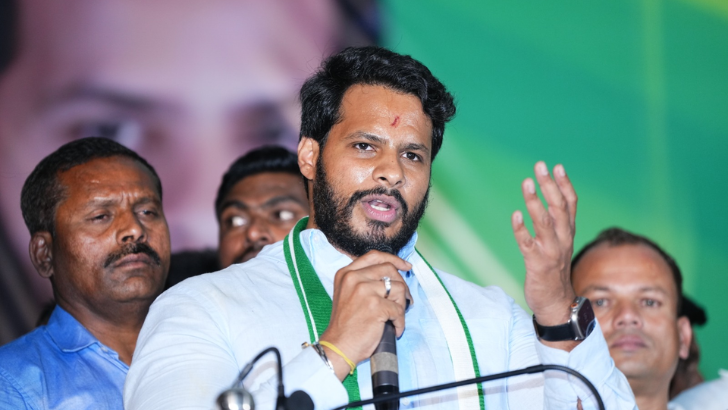
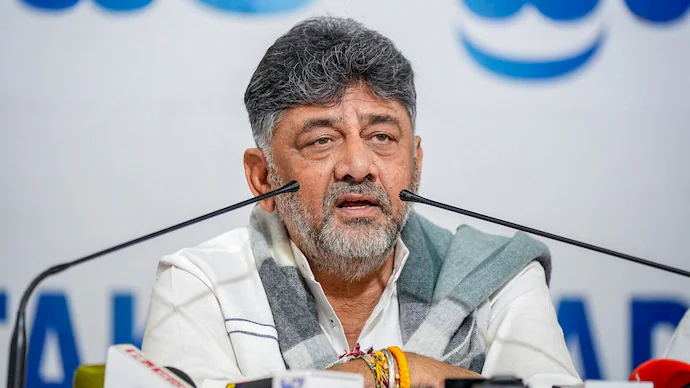

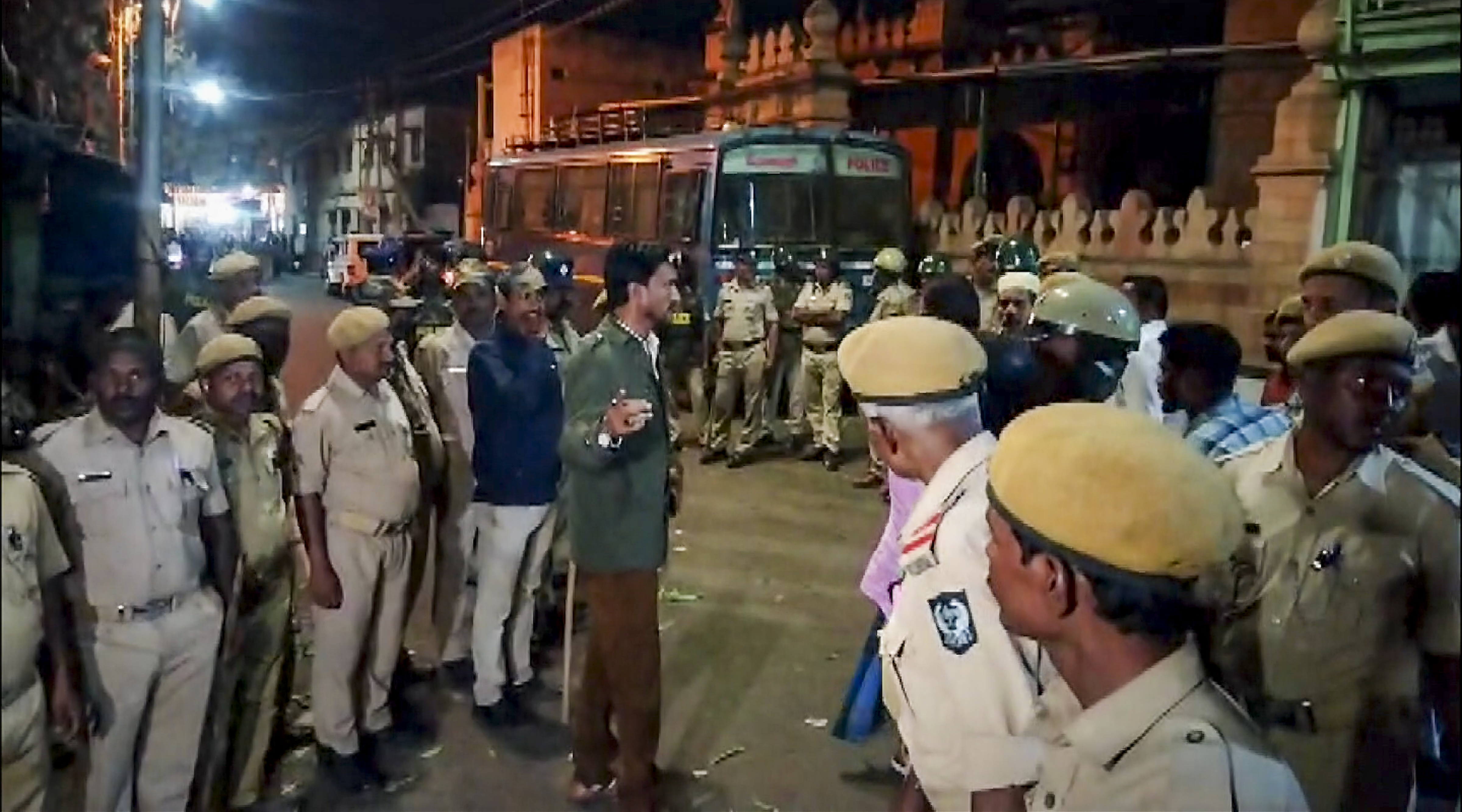
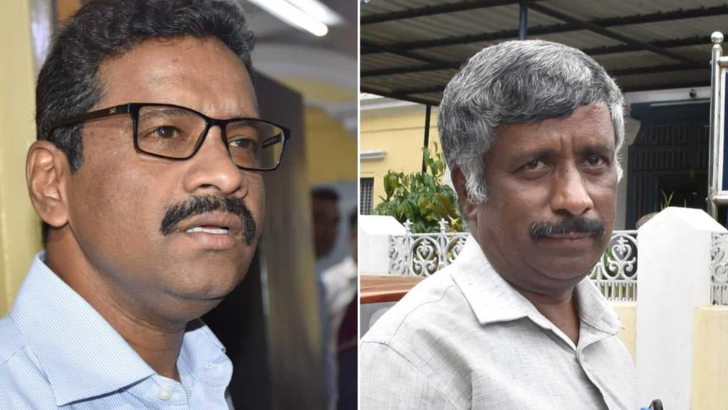
.png)
.png)
.png)
.png)
